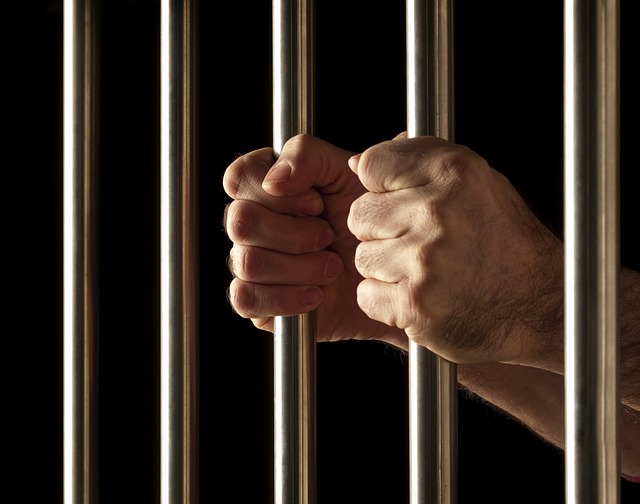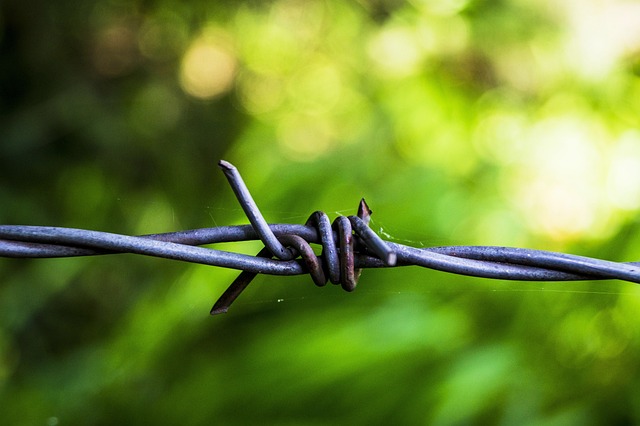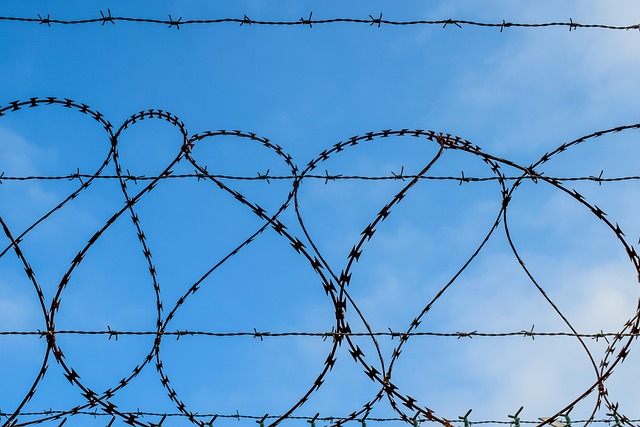Blood Alcohol Level (BAL) testing is a critical tool in juvenile justice systems, offering objective data to ensure fairness in decisions related to substance use and impairment. However, systemic biases affect marginalized youth, with strict BAL laws disproportionately impacting minorities. To promote equity, best practices include supportive courtroom environments, tailored legal aid, and specialized courts. The future of youth justice involves innovative tech like AI for risk assessment and reforming detention centers into rehabilitative hubs, integrating virtual reality and digital learning. By implementing these measures, the system can deliver fair treatment and effective rehabilitation for all young individuals.
Youth Justice Fair Treatment is a paramount concern in modern societies. This article delves into key aspects shaping young people’s interactions with the justice system. We explore fundamental concepts like understanding youth justice and fair treatment, while examining critical issues such as bias, disparities, and the role of Blood Alcohol Level Testing (BALT) in juvenile cases. Additionally, best practices for ensuring fairness in courtroom proceedings are discussed, followed by future directions emphasizing technology, reform, and youth-centric approaches to justice.
- Understanding Youth Justice and Fair Treatment: A Fundamental Approach
- The Role of Blood Alcohol Level Testing in Juvenile Justice Systems
- Exploring Bias and Disparities: Challenges in Youth Justice
- Best Practices for Ensuring Fair Treatment in Courtroom Proceedings
- Future Directions: Technology, Reform, and Youth-Centric Justice
Understanding Youth Justice and Fair Treatment: A Fundamental Approach

Understanding youth justice and fair treatment is paramount in fostering a harmonious society. It involves ensuring that young people, aged 10 to 17, are treated justly within the criminal justice system, acknowledging their unique needs, developmental stages, and potential for reform. This approach transcends mere punishment; it emphasizes rehabilitation, education, and reintegration. By adopting this fundamental perspective, we can navigate complex issues such as blood alcohol level testing (BALT) more effectively.
When addressing youth involved in the justice system, BALT should be conducted with sensitivity, recognizing that underage drinking is often a sign of underlying issues rather than willful disregard for the law. Fair treatment necessitates age-appropriate procedures, counseling, and support services to address the root causes of delinquent behavior. This approach not only reduces recidivism rates but also empowers young individuals to make better choices in the future.
The Role of Blood Alcohol Level Testing in Juvenile Justice Systems

In juvenile justice systems, Blood Alcohol Level (BAL) testing plays a significant role in ensuring fair treatment and accurate decision-making. Given that youth may engage in risky behaviors, including substance use, BAL testing provides critical data to assess impairment and make informed judgments during legal proceedings. This is particularly important in cases involving driving under the influence or other alcohol-related offenses.
By implementing BAL testing, juvenile justice systems can promote transparency and consistency. Results from these tests offer objective evidence, helping judges and prosecutors to determine appropriate charges, sentencing options, and rehabilitation programs. Moreover, it ensures that young individuals receive fair treatment based on their actions, without bias or subjectivity, thereby contributing to a more just and effective legal system.
Exploring Bias and Disparities: Challenges in Youth Justice

In the realm of youth justice, addressing biases and disparities is an imperative task. Studies have shown that young individuals, especially those from marginalized communities, often face systemic barriers and unfair treatment within the justice system. One prominent issue is the use of Blood Alcohol Level (BAL) testing, which has been criticized for its potential bias against certain demographics. Research indicates that racial and ethnic minorities are disproportionately affected by strict BAL laws, leading to disproportionate convictions and harsher sentences.
These disparities can be attributed to various factors, including socio-economic status, access to legal representation, and pre-existing stereotypes within law enforcement. Furthermore, the interpretation of BAL results can vary based on individual health conditions and cultural practices, adding another layer of complexity. Recognizing and mitigating these biases are crucial steps towards ensuring fair treatment for all youths, regardless of their background or identity.
Best Practices for Ensuring Fair Treatment in Courtroom Proceedings

Ensuring fair treatment in courtroom proceedings for youth is paramount to upholding justice and supporting their healthy development. Best practices involve creating a supportive environment that respects the unique needs of young people, including those who may have been involved with the law for the first time. This means providing clear and age-appropriate communication, offering legal aid tailored to their understanding, and ensuring privacy and confidentiality during sensitive discussions, such as Blood Alcohol Level Testing (BALT) results.
Judges should be trained to adapt their approach when dealing with youth, allowing for flexibility in procedures to accommodate their developmental stages. The use of specialized courts or units dedicated to juvenile cases can significantly improve outcomes by fostering a sense of trust and understanding between the judiciary and young individuals. Additionally, regular debriefings and feedback mechanisms from both participants and staff involved in these proceedings can help identify areas for improvement, ensuring ongoing fairness and effectiveness in the justice system.
Future Directions: Technology, Reform, and Youth-Centric Justice

The future of youth justice lies in embracing innovative technologies and implementing comprehensive reforms that centre young people’s needs and experiences. With advancements in artificial intelligence, we can explore more effective risk assessment tools. For instance, AI-driven systems could analyse various data points, including educational history, social media activity, and even hidden patterns within blood alcohol level testing results, to predict recidivism rates with greater accuracy. This would enable justice systems to intervene early, tailoring support and diversionary programmes to individual needs.
Reforming youth detention centres is another crucial aspect. By redesigning these spaces as rehabilitative hubs, we can foster environments that promote education, vocational training, mental health services, and social skills development. Integrating technology into these reform efforts can enhance engagement and outcomes, such as using virtual reality for exposure therapy to treat trauma or implementing digital platforms for remote learning and counselling. These strategies aim to prepare young people for successful reintegration into society, breaking the cycle of incarceration and promoting a more just and effective youth justice system.
In conclusion, achieving fair treatment within youth justice systems necessitates a multifaceted approach. By addressing foundational concepts like understanding and redefining justice, along with implementing best practices in courtroom proceedings, we can mitigate biases and disparities. Key strategies include adopting advanced technologies to enhance accuracy and transparency, such as Blood Alcohol Level Testing, while pushing for systemic reforms that prioritize the unique needs of young individuals. Ultimately, these combined efforts aim to create a more just and equitable youth justice system.






